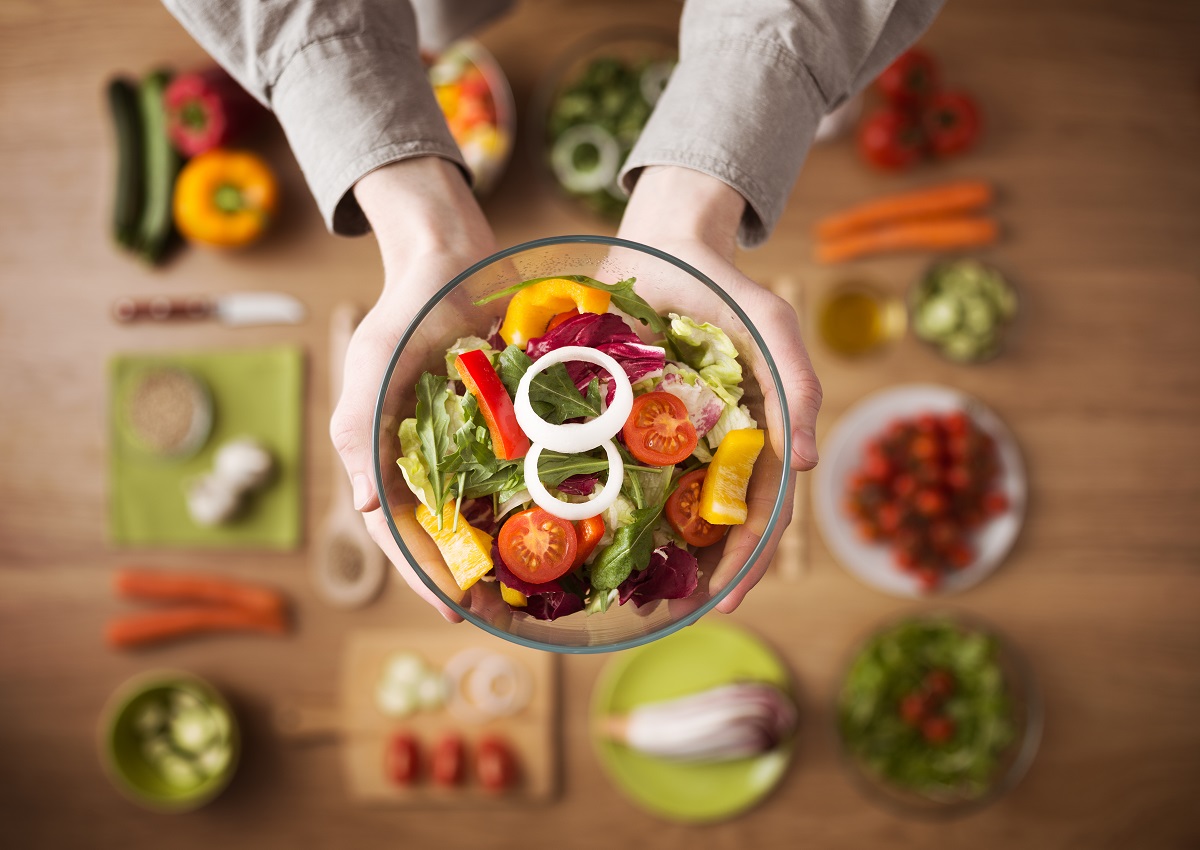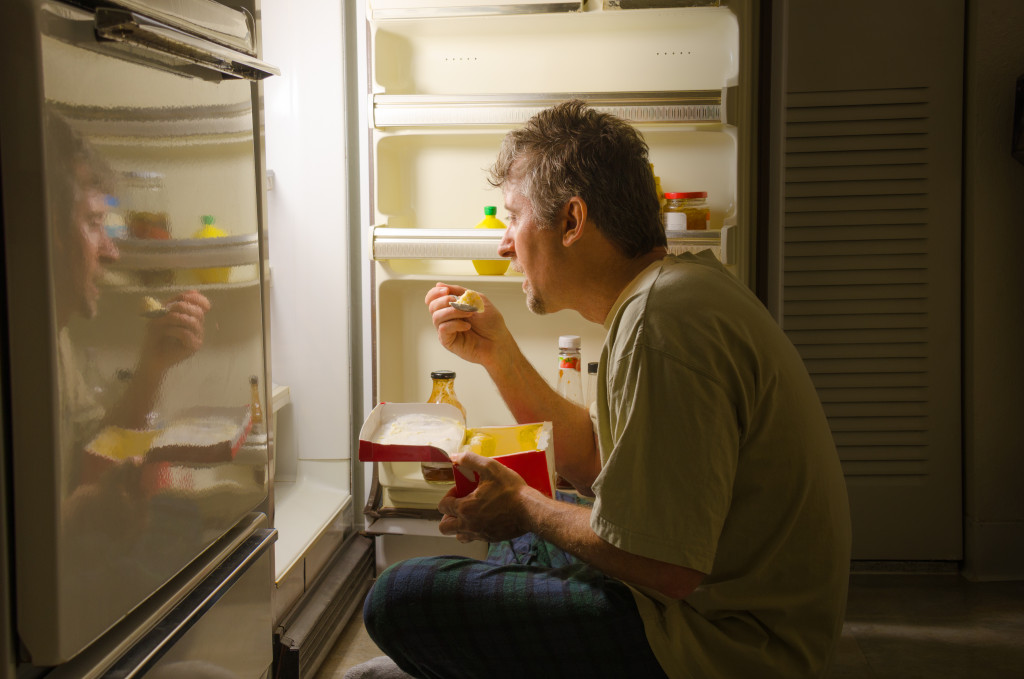The entire world is experiencing a historic yet traumatic moment because of COVID-19. For the first time, generations have to live in fear that they will catch a highly contagious virus and become seriously ill. COVID-19 took merely a few months since its discovery to spread in every nation around the globe.
No one is spared. All nations are struggling to contain the virus. Even nations that initially showed success were challenged with new infections over and over again.
This meant that many people have to continue shelter in place or live with the fear that the virus will endanger their lives and the lives of those they love.
A Collective Trauma
The COVID-19 pandemic is leading to other widespread health concerns: stress, anxiety, depression. The deadly illness, as well as the measures created to contain it, has led to people feeling overwhelmed with fear, nervousness, loneliness, and sadness. These feelings are exacerbated by changes within their day-to-day habits and being unable to interact with loved ones is creating a problem in mental health present in large swaths of the population.
A survey conducted by Pew Research in 2020 found that more than one-third of all Americans have exhibited symptoms of anxiety, depression, or both since the pandemic began in March.
Rising Eating Disorder Cases
The whole world is going through a collective trauma, one that leaves long-term psychological and emotional scarring. The negative impact of the pandemic on mental health is both immediate and prolonged. And, it is triggering a lot of conditions that many people thought they have long ago overcome.
The National Eating Disorders Association reported receiving 70-80% more calls in the past year.
The restrictions imposed to mitigate the impact of the pandemic, such as lockdowns, have disrupted habits and routines, something that is causing many people to feel lost and overwhelmed. The lockdowns also meant that they cannot physically see their therapist and their support systems. Many treatment programs or options for anorexia nervosa or bulimia went online through teletherapy. However, to some, the pandemic impeded their road to recovery.
Stress Leading to Binge Eating
The stress of living through a pandemic is causing many people to turn to eating often unhealthy food for comfort. This leads to binge eating, also an eating disorder. Once or twice should not be a cause for concern, but if it often happens it can be a problem.
A survey in the U.S. and the Netherlands found that up to 30% of respondents experienced an increased urge to binge eat or are already binge eating more often because of the pandemic.
Forming a Healthy Relationship with Food During the Pandemic

During the pandemic, eating a balanced diet is important. It ensures that you are getting the vitamins and minerals that your body needs in order to fight off infections. However, the stress because of the current crisis can lead people to spiral out of control.
The best way to prevent anyone from restricting themselves from eating or overeating is to practice mindfulness. Make sure that you are taking good care of yourself, both physically and mentally during these troubled times.
Reach out to family and friends as much as you can. While it is crucial that everyone maintain a safe distance from one another, it does not mean that people should remove themselves completely from social circles. While video calls cannot recreate the joy and warmth of being physically beside your loved ones, they can still make you feel that you are not alone in the fight.
It would also help patients to create new habits and routines. The old ones are gone, but you can develop new ones that you can follow throughout the pandemic. You have the option to schedule your meals so you do not forget to eat or plan healthy snacks before you start reaching for pizza. You know yourself better than anyone. Fight your instinct by pre-planning so, if you begin to spiral, you would know what to do.
Moreover, talk to your therapist or nutritionist. Even if you are not in any treatment plan for an eating disorder, it is good to have guidance from a mental health professional. Having your concerns heard will help you parse through your thoughts and emotions better. You can become resilient psychologically despite the pandemic.
Humans have a very complicated relationship with food and the pandemic will only exacerbate existing problems with it. The best thing anyone can do is to reach out to others, especially mental health professionals, for help.

